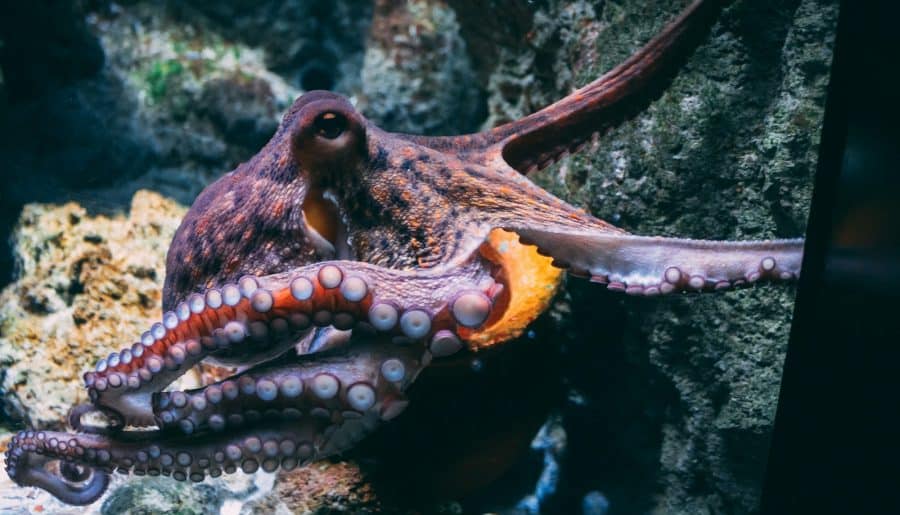Octopuses are some of the most amazing creatures in the ocean. Not only are they fascinating to observe, but they’re also intelligent.
Did you know that octopus can solve puzzles, like figuring out how to open jars to get to their food? They can even copy what other octopuses do, which shows they can learn just by watching.
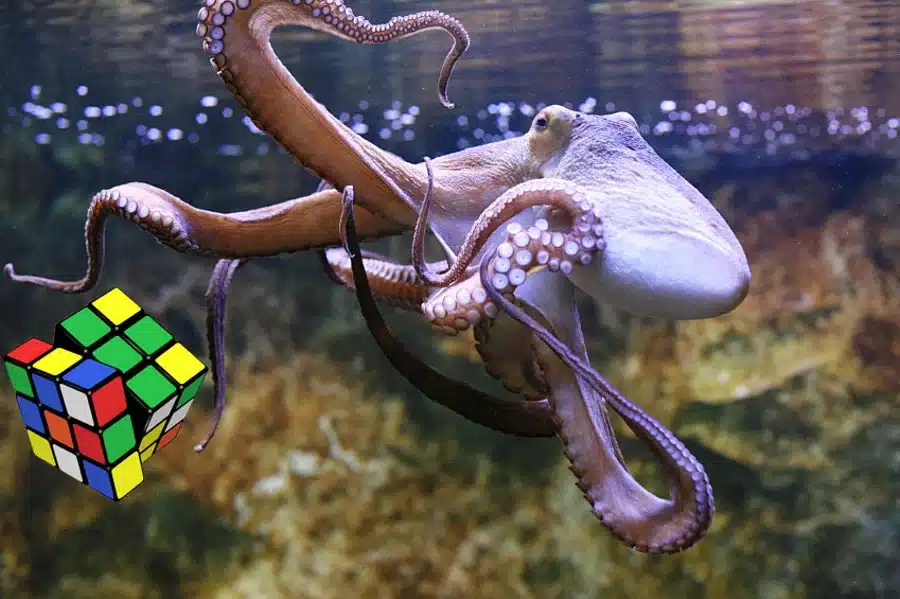
Pretty cool, right?
What’s even more remarkable is how well they adapt. If they find a rock or a shell, they can use it as a tool to help hide or protect themselves. They can escape from enclosures by quickly unscrewing jar lids or slipping through tiny openings.
Now, imagine a world where humans have become extinct. Who do you think would take our place?
Well, an Oxford professor suggests that octopuses might take over and become the new builders of civilization.
According to Tim Coulson, a professor at the University of Oxford, they could rule the oceans if humans went extinct
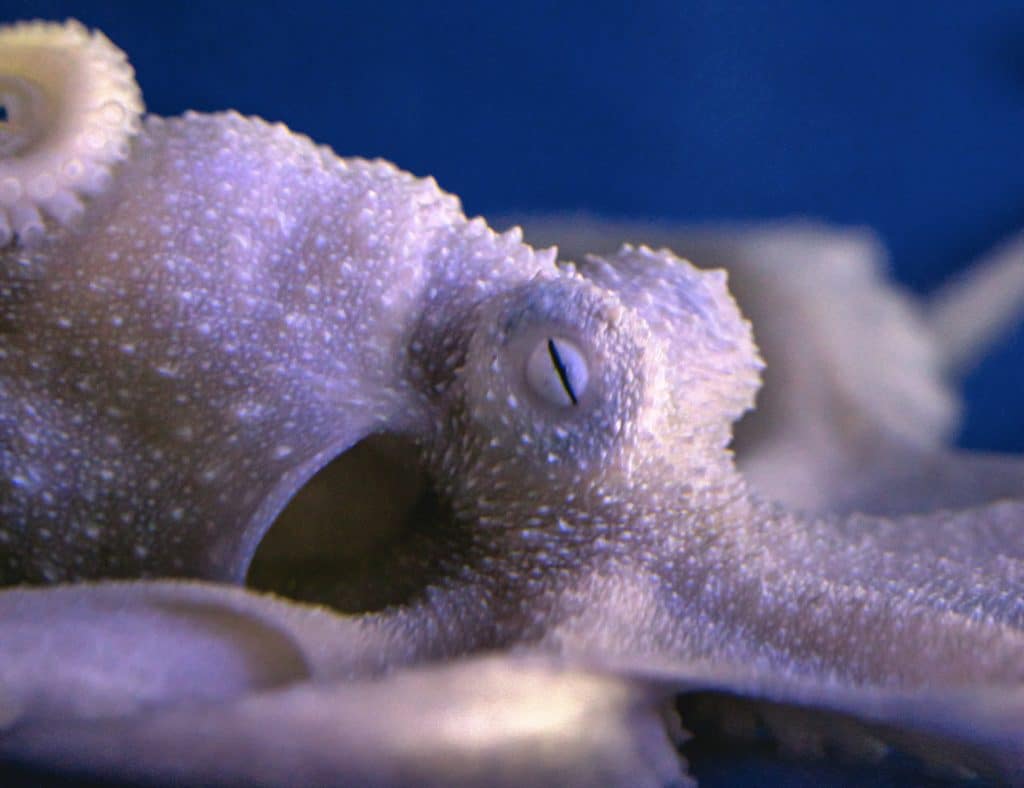
Coulson shares these ideas in his book “The Universal History of Us.” He believes that if humans disappeared, other species could step in to fill the roles we used to play. He explains that evolution, which is how animals change over time, would help these species adapt to their new world.
Coulson points out that extinction happens to all species, including humans, though we hope that won’t happen anytime soon.
While many people might think monkeys or apes would be the next in line to take our spot, he argues that their need for social connections might hold them back in a world without humans.
Now, you might wonder, ” Why could octopuses rule the planet?”
Coulson says octopuses are one of the planet’s most “resourceful creatures” and can adapt well to different situations.
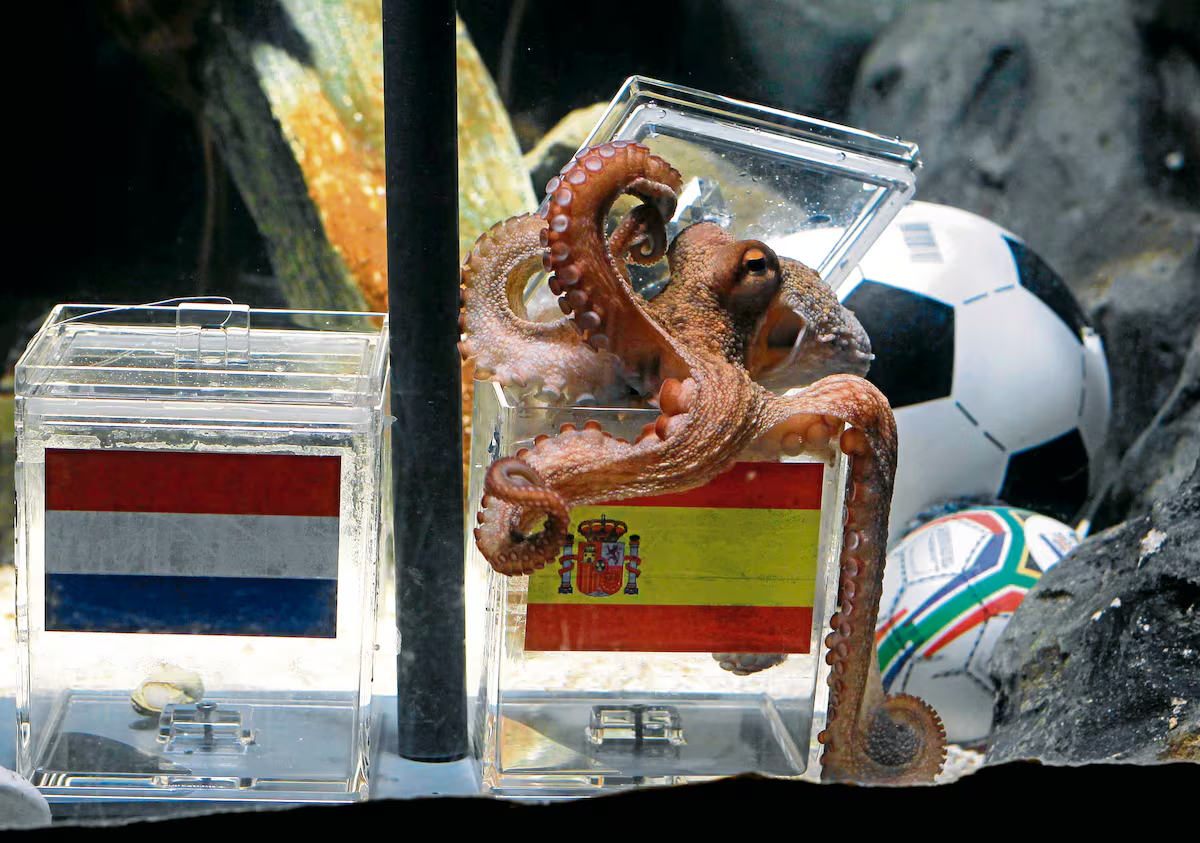
Octopuses have the skills to use tools, solve complex problems, and camouflage themselves. They can even change color, which allows them to communicate complex emotions and intentions to others.
It’s also interesting that octopuses can distinguish between real and virtual objects. This makes them great at potentially creating underwater societies and new ways to live and interact with their environment. But it might take hundreds or millions of years for this to happen.
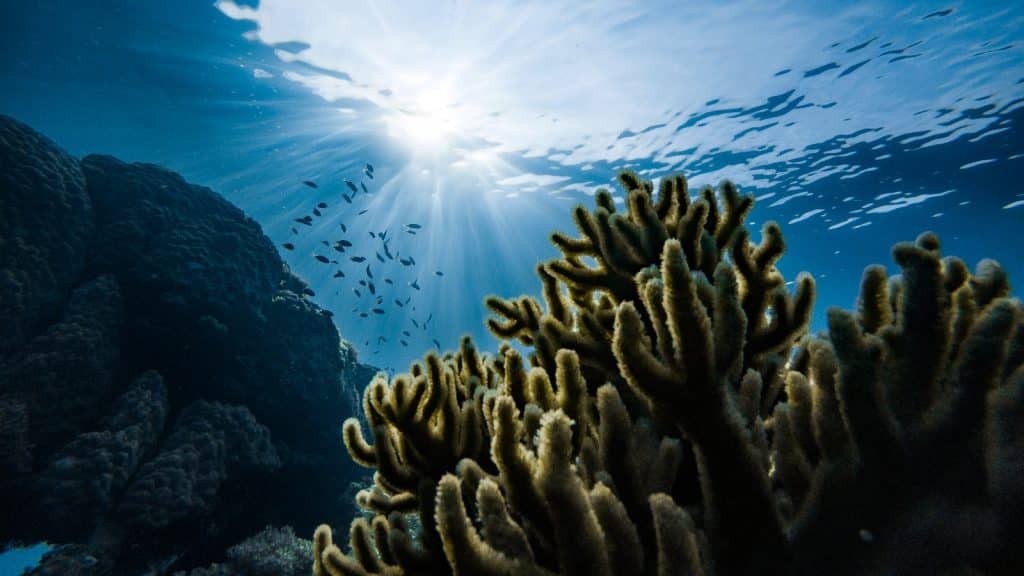
“The future of life on Earth is shaped by countless variables, and any number of species could rise to prominence. That said, given the octopus’ remarkable intelligence, adaptability, and diverse range of survival strategies, it wouldn’t be the most far-fetched bet to imagine them thriving in a post-human world.” Coulson said.
He also points out that octopuses might even learn to breathe out of water one day. This will allow them to explore new areas and possibly catch land animals.
Right now, they struggle on land because they lack bones, but evolution could help them overcome this over time.
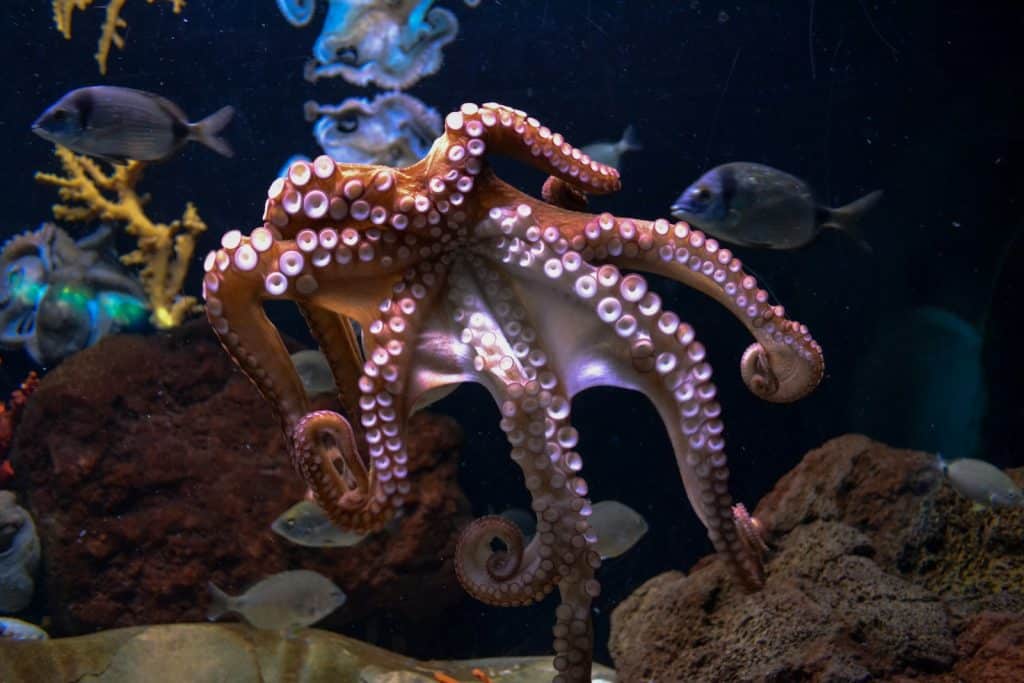
However, Coulson admits it’s hard to predict exactly how evolution will work, but he believes it’s possible that octopuses could develop their communities. While unlikely they will replace humans soon, it’s fun to think about how life changes and adapts.
In short, if humans disappeared, the world would change a lot, and new creatures could take over.
Other Species That Could Rule After Humans Are Extinct
According to BBC Science Focus, baboons might also have a good chance of taking over the world if humans go extinct.
While it would take octopuses a very long time to evolve, baboons are already smart and social animals. They have lived near humans in South Africa for a long time.
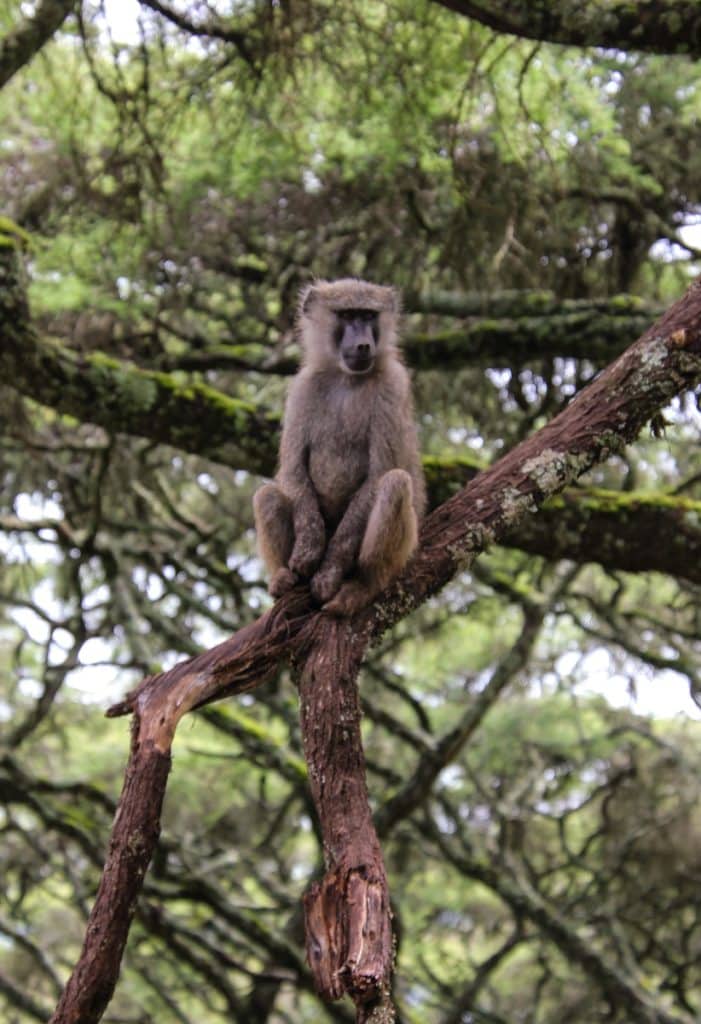
If humans disappeared, baboons could move into our towns and cities. They would find all the food and animals we left behind.
Baboons could also use our buildings for shelter and might even figure out how to use tools like metal knives.
What are you thoughts? Comment below!
